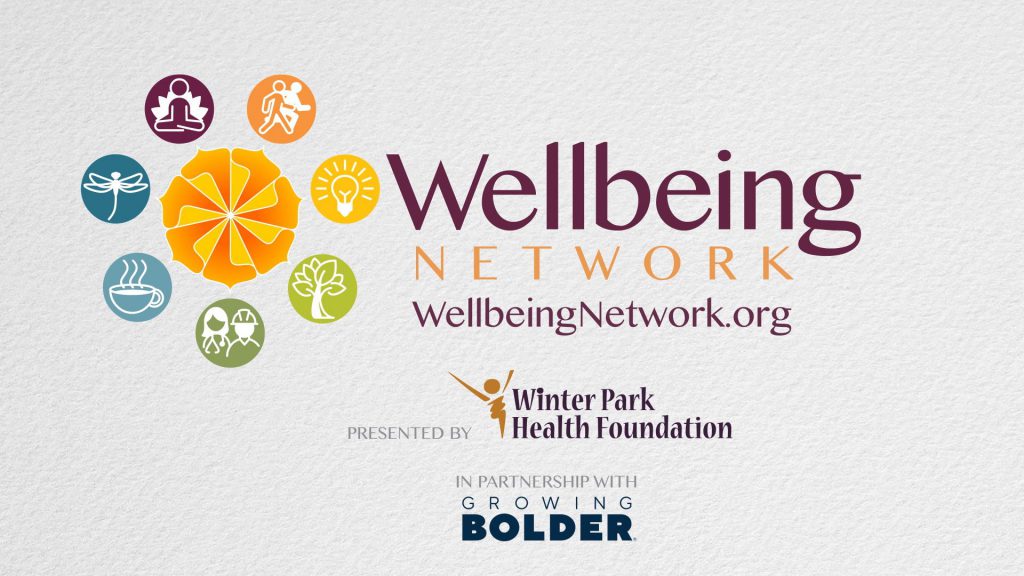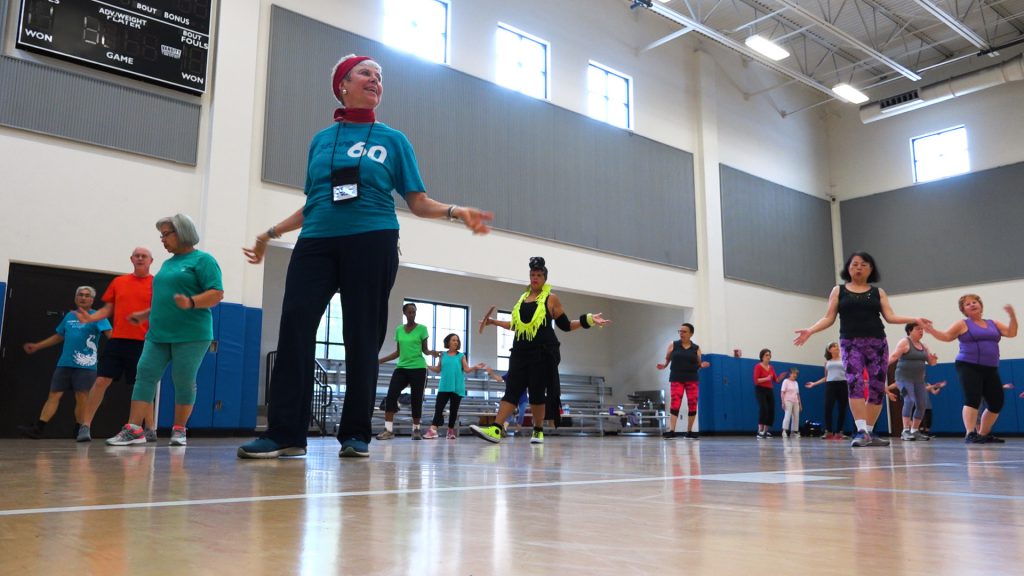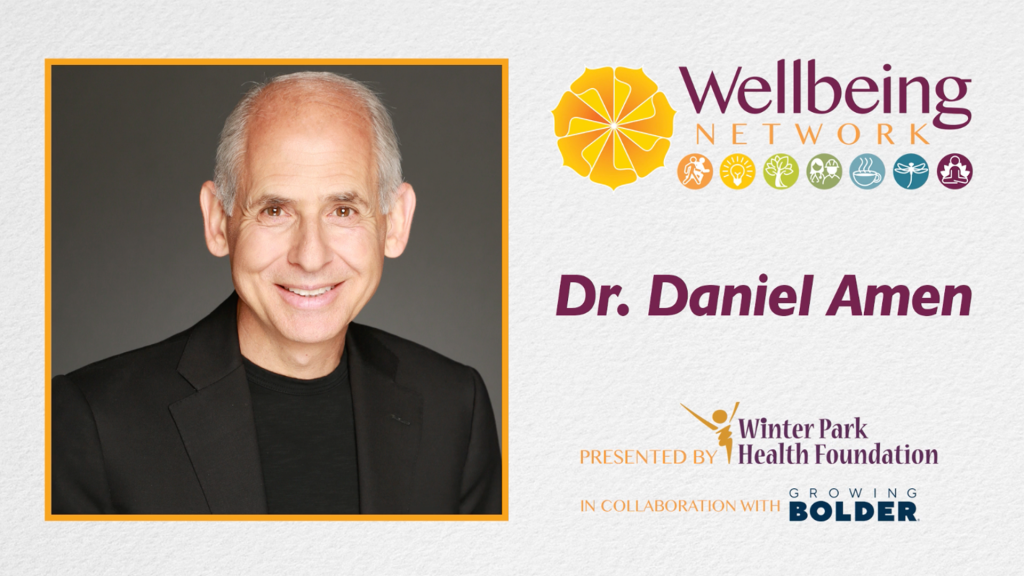Digital Education Programming Presented by the
Center for Health & Wellbeing
We want to hear from you! After viewing this CHWB On-Demand program, please take a few minutes to complete this survey. Your privacy is of the utmost importance; your information will never be shared nor sold. Your feedback will be used to evaluate existing CHWB programs, and to help us create new ones.
History tells us that great discoveries are sometimes made by conducting “out of the box” research. But what does that look like today? In this on-demand program, Dr. Kerri Donaldson Hanna, University of Central Florida Planetary Geologist, answers questions like “will the exploration of our Solar System lead to discoveries that can improve our health and wellbeing” and “what are scientists learning about asteroids and planets that can improve health?”
Watch to learn what these studies tell us about our own planet, as well as the exploration and sampling of asteroids, NASA’s OSIRIS-REx mission, the benefits of stargazing and how asteroids are the building blocks of our oceans and life.
By watching this program, you can expect to learn:
- that asteroids are space rocks that can tell us about Earth and its oceans;
- why NASA studies objects in our Solar System, and what that means to our health and wellbeing;
- the health benefits of stargazing.
This program is presented by Dr. Kerri Donaldson Hanna and is hosted by the Winter Park Health Foundation.
About the Program Presenter
Dr. Kerri Donaldson Hanna is a planetary geologist and Assistant Professor in the Department of Physics at the University of Central Florida (UCF). She received her Bachelor of Science in Space Sciences from Florida Institute of Technology in 1999, her MS in Geological Sciences at Brown University in 2010, and her PhD in Geological Sciences from Brown University in 2013. Dr. Donaldson Hanna was a postdoctoral researcher within the Atmospheric, Oceanic, and Planetary Physics sub-department at the University of Oxford before receiving a UK Space Agency Aurora Research Fellowship to continue her research at Oxford for an additional 3.5 years. While at Oxford, she held a Junior Research Fellowship at Christ Church College and was awarded the early career Winton Capital Geophysics Award from the Royal Astronomical Society.



